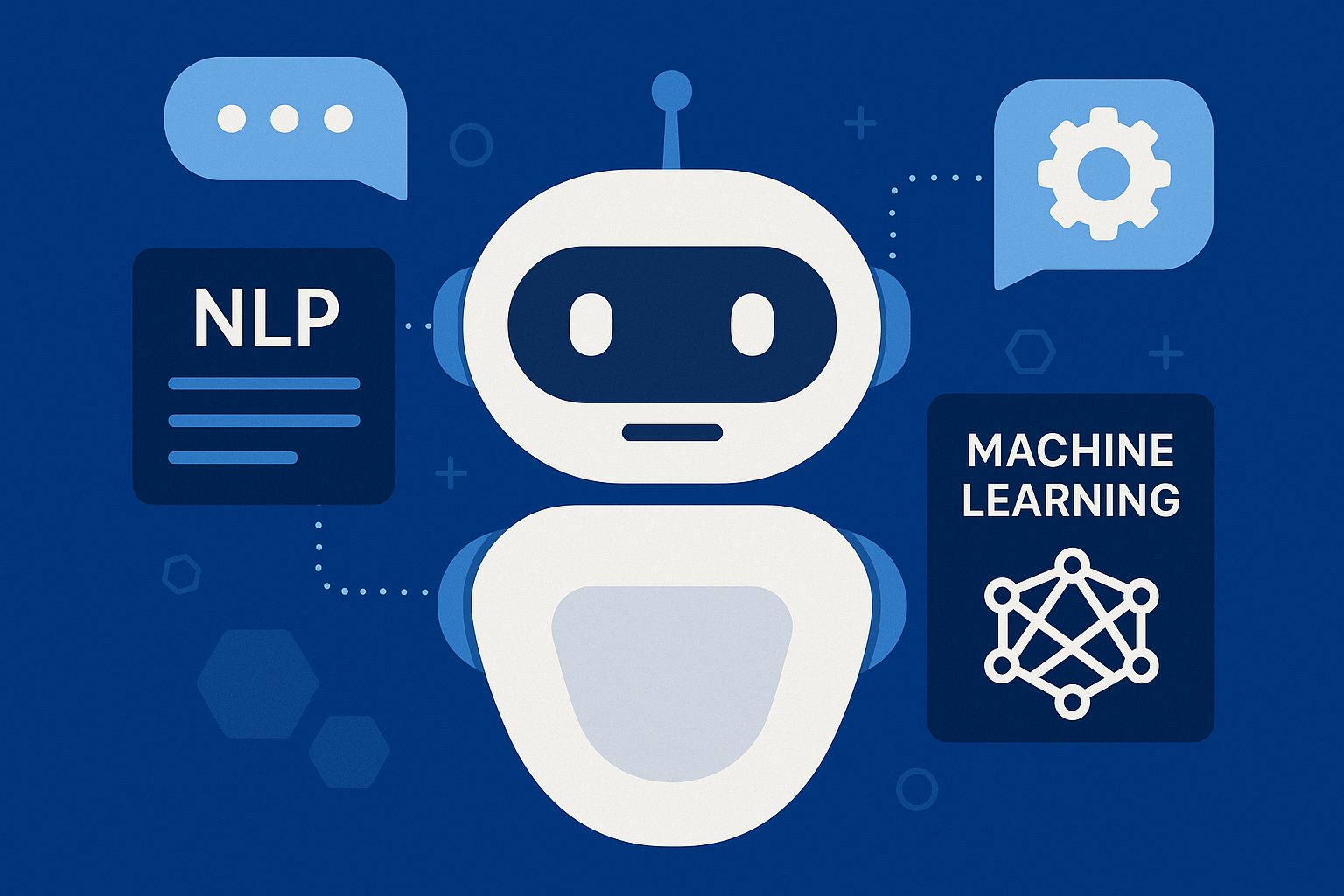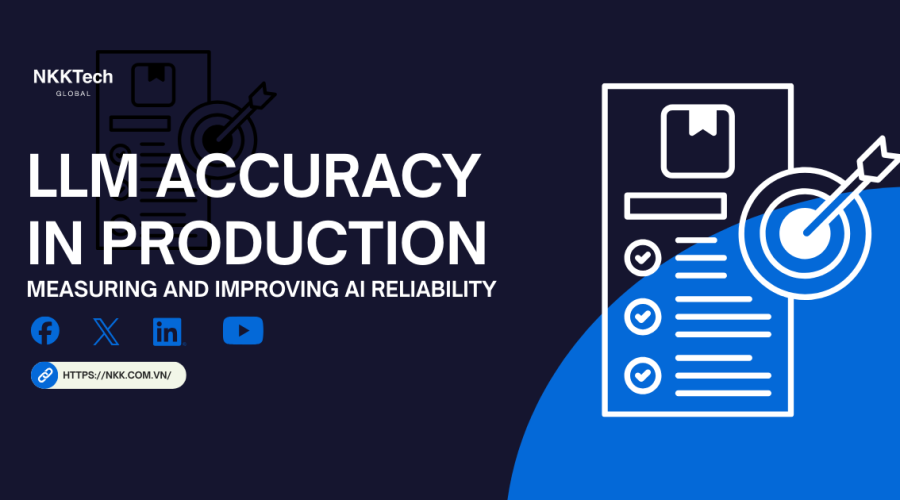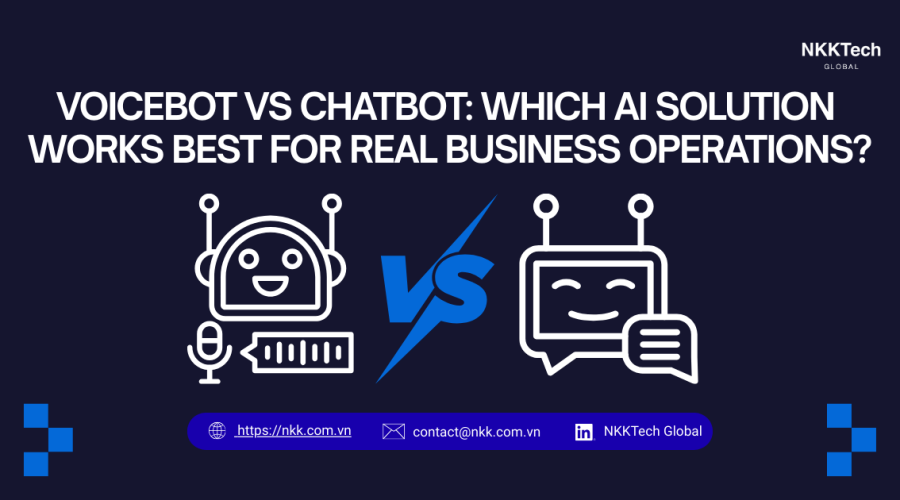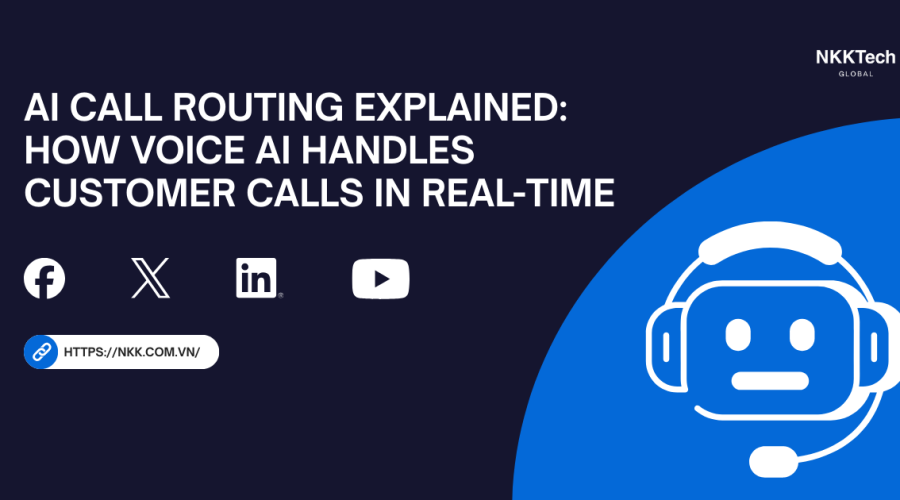Testing AI-powered software presents unique challenges that often overwhelm traditional Quality Assurance methods. The complexity, non-determinism, and vast data dependencies of AI systems require innovative approaches. This is where an AI Content Assistant becomes invaluable, transforming how we approach AI software testing. It offers a revolutionary way to generate test cases, manage data, and streamline documentation, ultimately ensuring higher software quality and faster development cycles.
Table of Contents
- The Unique Challenges of AI Software Testing
- How AI Content Assistants Revolutionize Test Case Generation
- Streamlining Test Data Management with AI Content Assistants
- Enhancing Documentation and Reporting with AI Content Assistants
- Best Practices for Integrating AI Content Assistants in Your QA Workflow
The Unique Challenges of AI Software Testing
Testing artificial intelligence systems is inherently more complex than testing traditional software. Unlike deterministic programs, AI models often exhibit non-deterministic behavior, meaning the same input might not always yield identical outputs. This unpredictability makes traditional assertion-based testing difficult. Moreover, AI performance is heavily reliant on the quality and diversity of its training data. Biases or gaps in data can lead to skewed results, which are hard to detect without extensive and varied test sets. Therefore, addressing these complexities requires specialized tools and methodologies. Testing AI applications involves evaluating not just functionality, but also fairness, robustness, and interpretability.
Furthermore, many AI models operate as a kind of “black box,” where the internal decision-making process is opaque. This lack of transparency makes it challenging for human testers to understand why a model arrived at a particular conclusion, complicating debugging and error identification. The sheer scale and continuous learning nature of modern AI systems also demand scalable testing solutions that can keep pace with rapid development and deployment cycles. Without efficient tools, manually creating enough diverse scenarios and data to adequately test an AI application can be prohibitively time-consuming and resource-intensive, impacting overall software quality.
How AI Content Assistants Revolutionize Test Case Generation
An AI Content Assistant can dramatically accelerate and improve the process of generating test cases for AI software. Traditional manual test case creation is often limited by human imagination and the sheer volume of possibilities. However, these assistants, powered by advanced Generative AI, can explore vast input spaces, suggesting and creating unique test scenarios, including critical edge cases and adversarial examples that might otherwise be overlooked. This capability is vital for uncovering vulnerabilities and ensuring the robustness of AI models. By automating the creation of diverse test inputs, teams can achieve significantly higher test coverage.
For instance, imagine an image recognition AI. A human tester might generate a few hundred test images. An AI Content Assistant, however, could generate thousands of subtly modified images, images with different lighting conditions, partial obstructions, or even synthetic images designed to trick the model. This greatly enhances the depth of AI software testing. Additionally, these assistants can automatically generate test scripts based on identified scenarios, reducing the manual effort involved in scripting and accelerating the entire test automation process. This leads to faster iteration cycles and a more thorough validation of AI systems, allowing developers to quickly identify and fix issues before deployment.
Streamlining Test Data Management with AI Content Assistants
Managing and preparing appropriate test data is another major hurdle in AI software testing. Real-world data can be sensitive, biased, or simply not diverse enough to cover all necessary testing scenarios. AI Content Assistants offer a powerful solution by generating synthetic data that mimics real data distribution without compromising privacy. This synthetic data can be tailored to specific needs, allowing testers to create datasets that are balanced, diverse, and robust. Furthermore, these tools can perform data augmentation, effectively expanding existing limited datasets by creating variations of current data points, which is crucial for training and testing AI models more comprehensively.
Identifying and mitigating data bias is also a critical function. An AI Content Assistant can analyze existing datasets for imbalances and suggest ways to generate synthetic data to correct these biases, ensuring the AI model performs fairly across different demographics or conditions. This significantly reduces the manual effort in preparing test environments and ensures that the data used for AI software testing is always relevant and high-quality. With the ability to generate vast amounts of realistic, varied, and privacy-compliant data, AI Content Assistants become indispensable tools for maintaining the integrity and ethical performance of AI applications.
Enhancing Documentation and Reporting with AI Content Assistants
Beyond generating test cases and data, AI Content Assistants can significantly streamline the documentation and reporting aspects of Quality Assurance. Manually writing comprehensive test plans, detailed test reports, and maintaining up-to-date documentation can be a time-consuming task for QA teams. These AI tools can automate the creation of these documents, extracting key information from test runs, development logs, and requirements specifications. They can generate clear, concise summaries of test results, highlighting critical failures, performance metrics, and compliance statuses. This capability ensures that all stakeholders have access to accurate and timely information.
Furthermore, an AI Content Assistant can assist in building and maintaining knowledge bases for common issues, solutions, and best practices. By analyzing past incidents and resolutions, the assistant can proactively suggest troubleshooting steps or link to relevant documentation, improving team efficiency. This not only saves valuable time but also enhances communication between development, QA, and project management teams. Imagine an assistant that automatically summarizes a week’s worth of test results into a concise report ready for stakeholder review. Such automation frees up QA engineers to focus on more strategic tasks, further elevating overall software quality.
Best Practices for Integrating AI Content Assistants in Your QA Workflow
Successfully integrating an AI Content Assistant into your QA workflow requires careful planning and execution. Firstly, start small by identifying specific pain points where automation can yield the most immediate benefits, such as generating routine test data or drafting initial test summaries. Human oversight and validation remain crucial; AI tools are powerful assistants, not replacements for human critical thinking. Testers should always review and refine the content generated by the assistant to ensure accuracy and relevance. Regularly fine-tune and retrain the assistant with new data and feedback to improve its performance and adapt it to evolving project needs.
Secondly, seamless integration with existing test automation frameworks and CI/CD pipelines is essential. This allows the AI Content Assistant to automatically trigger test case generation or documentation updates based on code commits or build statuses, ensuring continuous testing. For example, integrate the assistant to automatically generate new test cases based on code changes, enhancing continuous integration. Embrace continuous feedback loops, where insights from human testers are fed back into the AI model to continuously improve its output. By following these best practices, teams can maximize the benefits of an AI Content Assistant, leading to more robust AI software testing and higher confidence in deployed AI applications.
An AI Content Assistant is no longer a luxury but a necessity for effective AI software testing. By automating and enhancing critical aspects of the Quality Assurance process, these tools empower teams to deliver more reliable and robust AI products. Embrace this cutting-edge technology to elevate your software quality standards and stay ahead in the rapidly evolving digital landscape.
📩 Contact us via email: contact@nkk.com.vn to learn more about how NKK can help you with AI-powered solutions.
Visit our website: https://nkk.com.vn/ for more insights.
Explore our specialized AI solutions: https://nkk.com.vn/vi/aicontenthub-tu-dong-hoa-noi-dung-marketing/.




